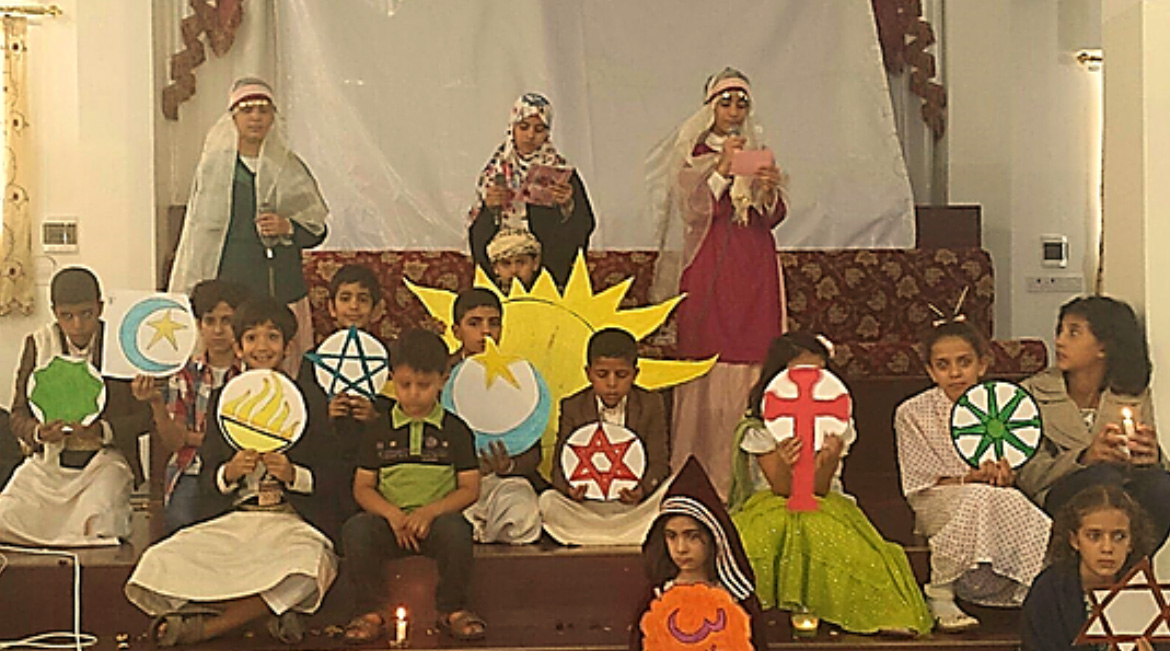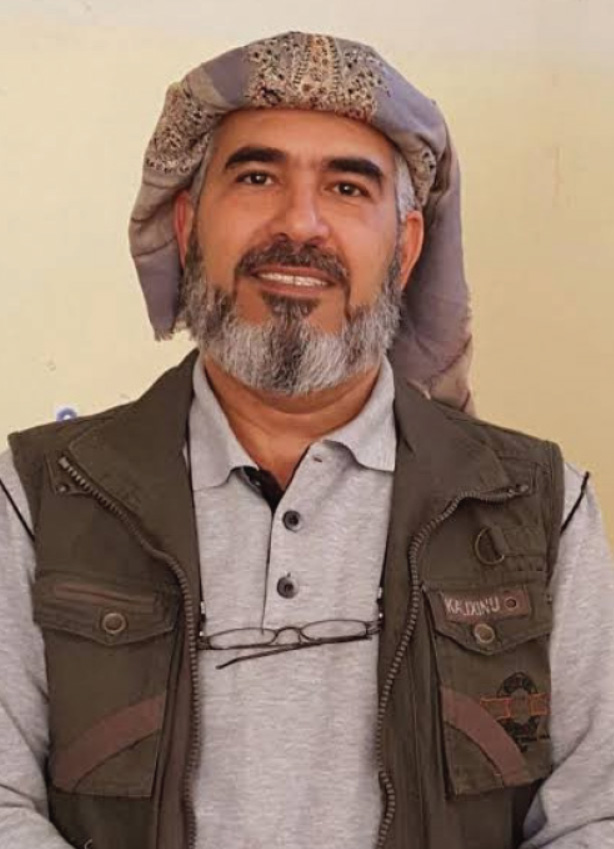Who are the Baha’is?
The Baha’is are followers of a religious community that believes in the Baha’i religion. The name comes from the founder of the Baha’i Faith, Hazrat Baha’u’llah. Despite the emergence of this religion in the mid-nineteenth century, its adherents only recently announced their presence in Yemen, precisely four years ago.
Brief History:
Although the existence of Baha’ism in Yemen has only been known in recent years, the religion arrived in the country as early as the 19th century. According to the official website of the Baha’i faith in Yemen, Baha’ism was first introduced to Yemen with the advent of an Iranian young man named Ali Muhammad Al-Shirazi, known also as Al-Bab, preaching this new religion in 1844, who crossed into Yemen through the port city of Mocha during his journey. Another historical incident that ties Baha’is historically to Yemen (according to their website), is when the Ottoman Empire ordered Baha’Allah imprisoned in Acre, Palestine. This led to the frequent visit of Bahais to Yemen’s harbors, during their transit stops to visit Baha’Allah.
Documents belonging to the Baha’i sect mention that Baha’is in Yemen were found in many Yemeni cities and villages such as Aden, Mukalla, Sana’a, Taiz, Hodeidah, Ibb, Socotra, Lahj, and others. They have also contributed to the health sector in a number of major and have participated in laying the building blocks in several important developmental projects in different fields such as education, health, urbanization, and trade. These documents also show the names of several people in Yemen, such as Kamal bin Haidara, who was honored by the Sultan of Al-Mahra Issa bin Ali bin Afrar in Qishn and Socotra and was awarded the special title of Al-Haidara in recognition of his love for and dedication to serving his country and fellow citizens, and for volunteering to provide medical services to the people of one of the most remote islands in Yemen for over 60 years.
Baha’ism in Yemen Today:
In November 2015, Baha’is officially announced their presence in Yemen. According to the website of the Yemeni Initiative for Defending Baha’i Rights, sources do not agree on the specific number of Baha’is in Yemen today. Several human rights and media sources estimate the number to be around 1,000, which include estimates by Human Rights Watch, while others estimate several thousands. Baha’is are made up of a mixture of well-known Yemeni tribes and some of the urban population. Very few of them are of non-Yemeni origins and were born and lived in Yemen for decades, having become part of its social fabric. Baha’is work through several service and social institutions, perhaps most importantly the Nida’a Foundation for Building & Coexistence, which initiated the implementation of service programs and cooperated with dozens of civil society organizations. However, Houthi forces closed this institution and others like it in other cities during the summer of 2016, in conjunction with the wave of arrests of dozens of Baha’is, including women and children.

The Baha’i are now publicly present in major cities, but more clearly in the capital Sana’a, where some cultural, intellectual and social events are held despite the tightening of the noose by the ruling Houthi authorities.
Abuses Suffered by This Sect:
Muslim Yemeni religious scholars view Baha’ism as an infidel and malicious sect, whose aim is to destroy Islam, considering that its book is different from the Qur’an and that their prayers and prophet are different. Baha’is are therefore viewed as apostates, an offense which carries the death penalty.
According to the Yemeni Initiative for Defending Baha’i Rights, the harassment of Baha’is in Yemen dates back to 2008. However, events have clearly demonstrated that the Houthis are the main culprits responsible for the current persecution of Baha’is in the country. The situation of Baha’is in Yemen is by no means comparable to what was happening before the Houthis came to power in Sana’a, and to what is happening to them now under Houthi control. Violations and persecutions have increased from individual cases to a systematic and well-defined process targeting all members of this belief. Violations include arrests, confiscation of property and unlawful trials leading to death sentences, threats of exile, deportation, accusations of betrayal, and espionage.
As a result of these abuses and increased violence against the group on the basis of their beliefs, the issue has gained international attention, as UN experts have called for the immediate release of Baha’i detainees. On 15 September 2018, criminal proceedings against 24 people including at least 22 Baha’is, eight of whom were women and a minor, began at the Special Criminal Court in Sana’a. The detainees were not investigated and received no legal notice from the prosecutors regarding the charges against them prior to the commencement of trial proceedings.
One of the most famous Baha’i detainees was Hamed bin Haidara whose father, Dr. Kamal bin Haiderah, was mentioned earlier. He was abducted by the Houthis in 2014 and held captive without trial. In 2015, his trial before the Sana’a Criminal Court began on charges of communicating with Israel through the “House of the Supreme Justice”. These charges are directly related to his beliefs. Since his arrest, the Public Prosecutor has accused him of “working for Israel to spread the Baha’i faith in Yemen and incite Yemenis to convert, and that he was seeking to establish a national home for the Baha’is in the county”, according to the prosecution, which also claimed that Haidara was an Iranian national and that his real name was Hamid Mirza Kamali Sarostani. In 2018, the court sentenced him to death, and confiscated all of his assets, as well as ordering the closure of the Baha’i institutions. Another 24 Baha’is are on trial on the same charges, which carry the death penalty, and there are five others detained with the national security forces.




